1. Buying Cheap Shoes and Mattresses
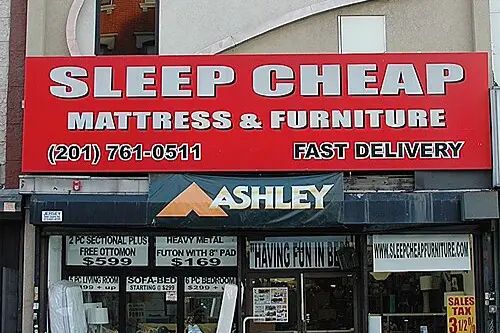
You might think all shoes or mattresses are the same, but your body knows the difference. Cheap footwear often lacks support and durability, leading to foot, back, or joint pain. Similarly, a bargain mattress might wear out quickly or cause restless sleep. Poor sleep and chronic pain can mean more doctor visits—and less productivity.
Quality in these areas isn’t just luxury—it’s health maintenance. A $40 pair of shoes that last three months ends up costing more than $120 shoes that last a year. And the cost of bad sleep? Think caffeine overload, lower focus, and even long-term health issues. Sometimes, spending more up front is a real investment in well-being.
2. Skipping Regular Car Maintenance
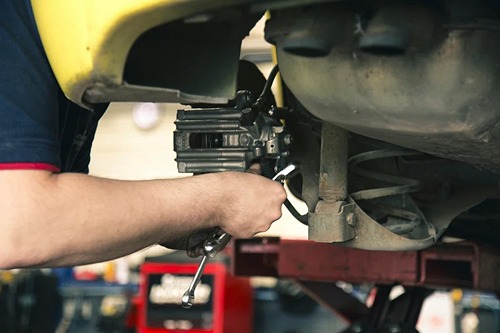
It might feel like you’re saving money by putting off an oil change or ignoring that strange noise under the hood. But delayed maintenance often leads to bigger, costlier repairs down the road—like needing a new transmission instead of a fluid top-off. Ignoring basic upkeep can also hurt fuel efficiency and shorten your car’s lifespan. In the long run, that quick cash-save ends up costing hundreds or even thousands.
Regular maintenance prevents wear and tear from escalating into breakdowns. Mechanics often catch small issues early during routine checks. If you skip those, you’re essentially gambling that nothing will go wrong—until it does. And by then, your wallet’s the one taking the hit.
3. Buying in Bulk Without a Plan
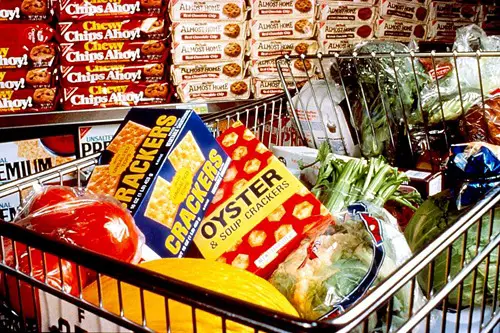
Buying bulk sounds smart—you’re getting more for less, right? But if you don’t actually use all 48 granola bars before they expire, you’re wasting money instead of saving it. Perishables, especially, tend to get tossed when families overestimate their consumption. That’s not savings; that’s just overspending in disguise.
A lot of Americans treat warehouse shopping as a deal goldmine, but without a list and real meal planning, it often leads to overbuying. If your pantry’s a graveyard of expired goods, you’re not alone. Even non-food items can pile up and take space, becoming clutter rather than value. Smart bulk buying needs strategy, not just a big shopping cart.
4. DIYing Jobs That Require a Pro
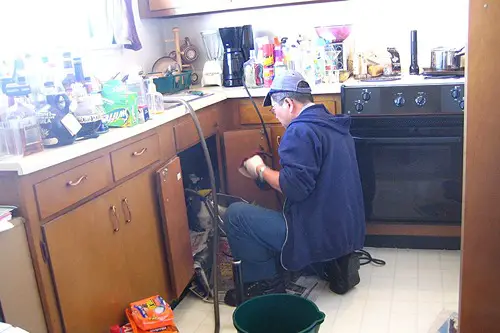
There’s pride in doing it yourself—and often some cost savings too. But when amateurs tackle jobs like electrical work, plumbing, or major home renovations, mistakes can get expensive fast. What starts as a $30 YouTube fix can turn into a $300 repair call—or worse, a safety hazard. Licensed professionals are expensive for a reason: they know what they’re doing.
Many Americans try to sidestep the hourly rate, but time and materials lost to failed DIY attempts quickly add up. Worse, botched repairs can void warranties or lead to code violations. That means when you finally call in the pros, they’re not just fixing the original issue—they’re undoing your work too. So, unless it’s minor or you’re trained, it’s often smarter to hire help from the start.
5. Using Credit Cards for Rewards Without Paying Off Balances

Credit card rewards seem like free money—points for groceries, flights, or even cash back. But if you carry a balance, those interest charges quickly outweigh any perks you’re getting. Americans with revolving debt pay an average APR over 20%, which can cancel out hundreds in rewards. That turns a smart-sounding strategy into an expensive trap.
Many people justify purchases because of the “benefits,” but it’s not a benefit if you can’t pay in full each month. The math just doesn’t work out in your favor. Rewards cards only work if you treat them like debit cards: spend what you already have. Anything else just helps the banks, not you.
6. Skipping the Doctor or Dentist to Save on Copays

Health care costs can be scary—but avoiding them is often scarier. Americans who skip checkups or dental cleanings to save on copays often end up needing far more expensive treatments down the road. A small cavity becomes a root canal, or an untreated condition turns into an ER visit. Prevention is almost always cheaper than emergency care.
It’s understandable—copays and deductibles can add up fast. But neglecting your health often leads to higher long-term costs, physically and financially. Screenings and early interventions save lives and money. Waiting might seem cheaper today, but your future self pays for it.
7. Opting for the Cheapest Insurance

Cheap insurance premiums might look great on your bank statement, but they can leave you dangerously undercovered when disaster strikes. High deductibles, limited coverage, or poor customer service often translate to massive out-of-pocket costs when you actually need help. Health, car, and homeowner’s insurance are financial safety nets—not areas to cut corners. What feels like a win today could devastate your finances tomorrow.
Many people assume they won’t need coverage for “what-ifs.” But accidents, natural disasters, and emergencies don’t care how frugal you were. A cheaper policy may exclude the very thing you need coverage for most. And by the time you realize that, it’s already too late.
8. Relying on Fast Food to Save on Groceries
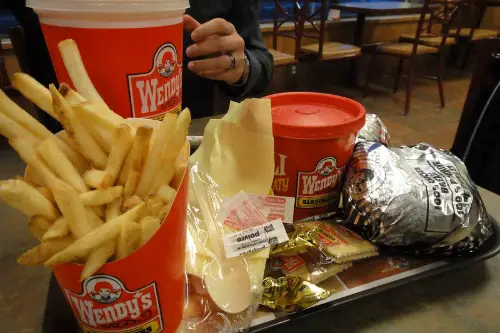
Grabbing fast food feels cheap—just a few bucks for a full meal. But when it becomes a habit, it often ends up being more expensive than home cooking. You’re paying for convenience, packaging, and labor every time. Over weeks and months, those $7 combo meals add up fast.
Home-cooked meals tend to offer more food for less money, especially when you buy staples and cook in batches. Fast food also tends to be higher in salt, sugar, and fats, which can drive up health costs later. Planning meals, even simple ones, gives better value and nutrition. And leftovers are the ultimate budget hack.
9. Canceling Subscriptions Without Checking for Penalties
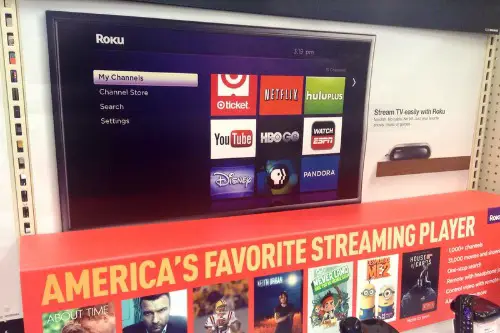
It feels good to slash that monthly bill, but canceling too quickly can backfire. Some services—like gyms, streaming bundles, or software—have early termination fees or minimum contract periods. Americans often cancel out of frustration or as a knee-jerk money-saving move, only to get hit with a penalty. That fee can end up being more than the next month’s bill.
It’s important to read the fine print before unsubscribing. If there’s a cancellation window or grace period, timing matters. And some services will prorate your refund—or not. Jumping ship without checking the rules can turn a smart idea into an expensive mistake.
10. Using Space Heaters to Lower Heating Bills
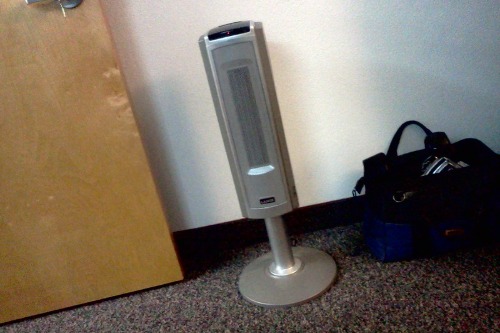
Turning down the thermostat and plugging in a space heater seems like a clever way to target heat where you need it. But many space heaters are energy hogs, especially if you run them for hours every day. Depending on your utility rates, you might actually pay more than if you’d just used your home’s central heating efficiently. And there’s a higher fire risk too, especially with older or improperly used units.
Many Americans underestimate how much electricity those little heaters draw. They’re great for short, focused use—but not as a replacement for whole-house systems. Plus, if your insulation is poor, the heat just escapes anyway. Better to invest in weatherproofing or a smart thermostat for long-term savings.
11. Ignoring Quality for Sale Prices
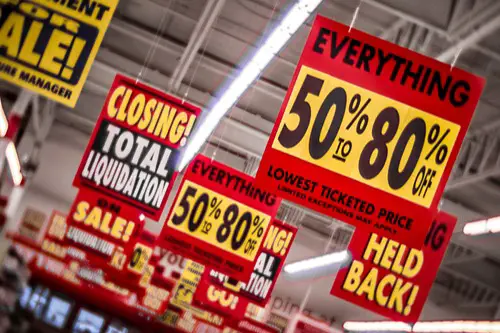
A good deal isn’t always a smart deal. Buying the cheapest version of something—like clothes, tools, or appliances—often means it breaks faster or works poorly. Americans often choose sale prices over performance, but replacing low-quality items repeatedly costs more over time. It’s the classic “buy cheap, buy twice” dilemma.
Sometimes, paying a bit more means better warranty, customer support, and longevity. Value isn’t just about the sticker price—it’s about how long the item lasts and how well it works. That clearance toaster might seem like a win today, but if it breaks in six months, did you really save? Quality usually wins in the long game.
12. Avoiding Energy-Efficient Upgrades
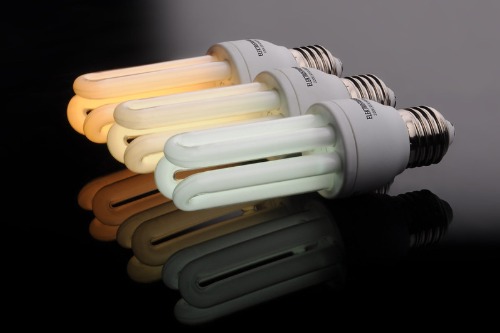
Those energy-efficient windows, bulbs, or appliances can seem expensive at first. But skipping them often means paying more on utility bills every single month. The upfront cost may be higher, but long-term savings are real—and often measurable. Americans who avoid these upgrades often miss out on rebates and tax incentives, too.
LED bulbs, for example, can last 10 times longer than incandescents and use a fraction of the energy. Similarly, Energy Star-rated appliances can cut hundreds off yearly power bills. Over five to ten years, the savings usually outweigh the cost. And with climate concerns growing, it’s a win for both wallet and planet.
This post 12 Things Americans Do to Save Money That Wind Up Costing More was first published on American Charm.


